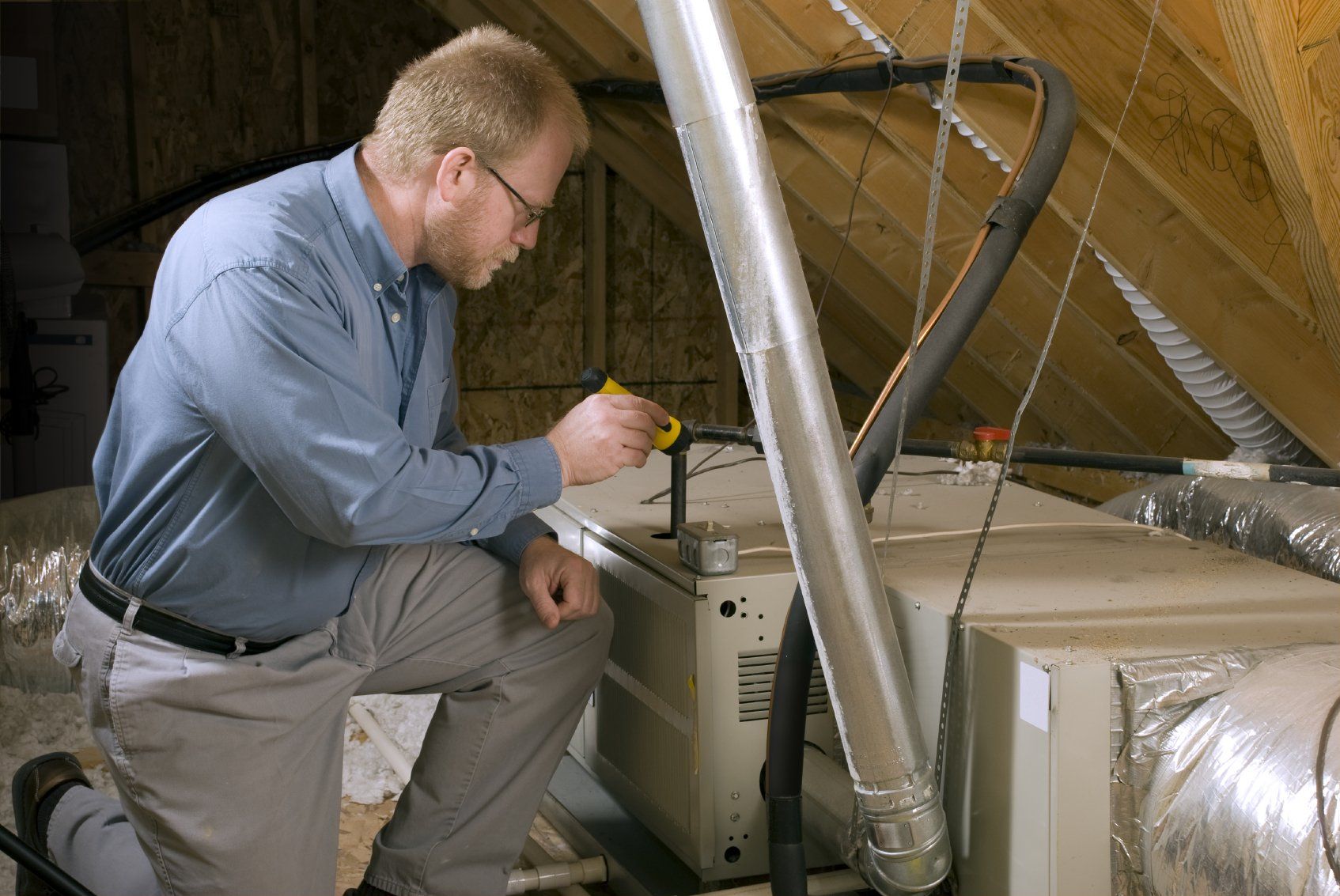A lot has been made about my past blogs related to chemical use on mold remediation projects and water-damage projects, mostly by contractors who like to use those products. Of the comments that I receive, one comes up often: Can I use biocides in the remediation of Heating, Ventilation and Air Conditioning (HVAC) systems?
What I’d like to do is reference what the industry standard generator, the National Air Duct Cleaning Association (NADCA), has to say about it. In 2018, NADCA published a paper dealing, specifically, with this topic, entitled: Using Chemical Products in HVAC Systems: NADCA PROVIDES GUIDANCE. In this publication, NADCA took to making the document as clear as possible, going so far as to answer specific questions at the end of the publication that might answer one’s questions without having to process all the information within the document. As it pertains to these questions, the following are the most relevant to our conversation today:
What is the position of the National Air Duct Cleaners Association (NADCA) regarding the use of chemicals in ductwork?
NADCA does not recommend the use of chemicals within ductwork unless there is a specific need.
Is sanitizing ductwork legal?
NO. The EPA has not registered any products for sanitizing or disinfecting ductwork. Further, no fungicides are registered for use in ductwork. As noted earlier in this document, IT IS A VIOLATION OF FEDERAL LAW TO USE A PRODUCT IN A MANNER INCONSISTENT WITH ITS LABELING. For antimicrobials, this law is the Federal Insecticide, Fungicide, and Rodenticide Act (FIFRA). Therefore, any claims of sanitizing or disinfecting ductwork would require the use of a product in a manner inconsistent with its labeling, which is a violation of FIFRA. Violations of FIFRA can result in fines and criminal penalties from the EPA.
This is a short answer. For a more comprehensive explanation of this complex issue, please refer to the “Antimicrobial Products” section of this document.
When is a chemical application acceptable?
The application of chemicals in an air conveyance system is acceptable only when the product is legally approved for the application for which it will be used. At this time, the EPA has not accepted any disinfectant, sanitizer or fungicidal products for use in the ductwork of HVAC systems. However, some of these products are registered and accepted by the EPA for use on certain components in other parts of HVAC systems.

Based on this document, it seems clear that the use of chemicals is not acceptable in HVAC systems, yet many companies insist on using them. What NADCA has repeatedly stated in this document and NADCA's ACR Standard for Assessment, Cleaning & Restoration of HVAC Systems (the latter being the standard of care for cleaning HVAC systems) is that ‘NADCA recommends “source removal” as the best method for cleaning HVAC systems.’ As we’ve discussed in previous blogs, the use of biocides alone do not provide for the removal of “source” and may be environmental stressors, with the potential to cause harm to those exposed to them. For these reasons, it is important to vet any contractor you plan to use for the cleaning and remediation of your HVAC system. There are several ways of doing this, here are some examples:
Knowing what chemicals are being used and how they will be used (e.g., fogging or direct spray applications) helps you and your doctor (when applicable) make decisions if the product is an appropriate, safe product for use in your home or office. Knowing if the product is EPA registered for the specific application you need it to perform allows you to decide (1) if the product is a justifiable cost to you and (2) if the product will work.
I hope this helps both consumers and contractors. As always, if you have any questions or require an IAQ assessment, reach out to us and let’s discuss how we can best serve you.
E-mail: myiaq@gulfcoastiaq.com
Call Us: 888 762 6322
Gulf Coast IAQ Headquarters
P.O. Box 181138
Tallahassee, FL 32318











All Rights Reserved | Gulf Coast Center for Indoor Air Quality Services LLC